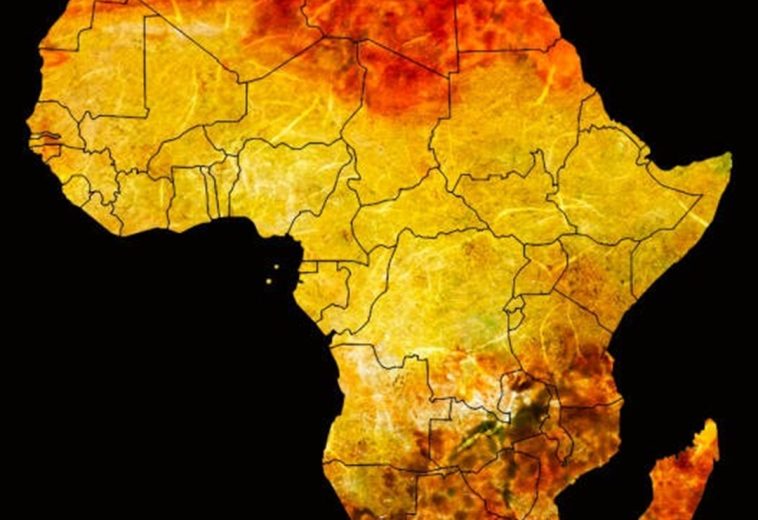Often dubbed the cradle of human civilisation, Africa is not only a continent with ancient history but a place of bold new ideas, innovation, and a fast-emerging digital economy. With rapid advancements in technology and increasing internet access across the continent, Africa is moving from being a participant in the global digital conversation to a leader in innovation. Yet, with all this progress, there are still hurdles to overcome for this transformation to benefit all its people.
The Expanding Digital Horizon in Africa
Recent findings from the International Telecommunication Union (ITU) highlight a mixed picture. While the global digital divide persists, Africa is making significant strides, particularly in urban areas and among the tech-savvy youth. The COVID-19 pandemic made the need for robust digital infrastructure even clearer, as businesses, governments, and individuals quickly pivoted to e-commerce, online learning, telemedicine, and remote work. The ability to access and utilise digital tools can open new doors, enabling sectors like healthcare, education, and manufacturing to leap ahead.
At the same time, countries like Ghana and Nigeria have emerged as digital leaders, as seen in the 2024 IMD World Digital Competitiveness Ranking. Their inclusion on the global digital stage reflects the recognition of Africa’s transformative potential—not just in terms of consumption, but also in digital innovation and technology development.
READ ALSO: African Creatives Are Redefining the Digital Economy
Overcoming the Digital Divide in Africa
While Africa’s digital economy is growing, many rural areas still face unreliable internet access, limiting their ability to fully participate in the global digital economy. Infrastructure deficits, such as inconsistent electricity and inadequate telecommunications networks, exacerbate these issues. However, these challenges are not unique to Africa—they mirror struggles faced by emerging markets worldwide.
Another pressing concern is digital literacy. Without the necessary skills to engage with the digital economy, people are at risk of being left behind. But the continent is already making strides, with grassroots efforts and community-driven education helping bridge the knowledge gap. Across Africa, initiatives are rising to teach digital skills, empowering individuals and communities to embrace new opportunities.
Crafting Innovative Solutions for Africa’s Digital Economy
To truly unlock Africa’s potential, there must be more investment in internet infrastructure—especially in underserved areas—and a commitment to fostering digital literacy. Collaboration between governments, businesses, and communities is key. Initiatives such as public-private partnerships and targeted government incentives can be a powerful tool in improving internet access, while a focus on accessible digital training can help ensure no one is left behind in the process.
In Africa, innovation isn’t just top-down; it’s happening at every level. Young entrepreneurs are building tech startups, digital platforms are being used to address local challenges, and community-led projects are working to ensure technology benefits the most vulnerable. Across the continent, Africa’s youth are stepping up to lead this digital transformation, and the world is taking notice.
Leadership and Inclusive Policymaking for Africa’s Digital Future
True digital progress will require visionary leadership. African governments must create frameworks that encourage innovation, protect users’ data, and promote inclusivity. By addressing the needs of marginalised communities, they can ensure that the digital economy uplifts everyone, not just the privileged few.
Moreover, establishing innovation hubs and incubators can help local entrepreneurs access the resources they need to scale their businesses, ultimately leading to a more diverse and resilient economy. Africa is not just looking to follow global trends—it’s poised to shape them.
Investing in research and development (R&D) in technology sectors is another key avenue for leaders to explore. By fostering a culture of innovation, Africa can not only keep pace with global trends but also contribute to shaping them.
Africa’s digital landscape is evolving faster than many expect. The continent is set to play a pivotal role in the future of the global digital economy. By continuing to invest in infrastructure, enhancing digital literacy, and crafting innovative policies that support innovation and inclusivity, Africa can unlock its full potential. The journey ahead is not without challenges, but the opportunities for growth are vast, and the solutions are already being developed at the grassroots level.




